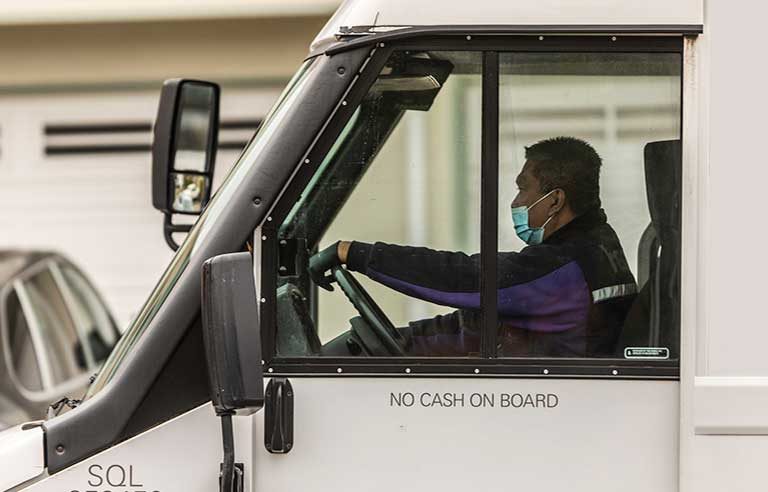Lawmakers seek ‘Bill of Rights’ for essential workers

Washington — Sen. Elizabeth Warren (D-MA) and Rep. Ro Khanna (D-CA) have introduced a proposal to establish extra protections for workers considered essential in the response to the COVID-19 pandemic, part of what the lawmakers call an Essential Workers Bill of Rights to be included in any potential upcoming coronavirus relief measures from Congress.
According to an April 13 press release, the proposal would cover workers in health care, home care, drug stores, food service, grocery stores and child care, as well as federal, state and municipal employees; domestic workers; janitorial staff; delivery drivers; warehouse workers; and transportation workers.
Warren and Khanna are calling on:
- Employers to provide workers with “necessary amounts” of personal protective equipment at no cost and inform individuals who may have been exposed to COVID-19 or an infected co-worker.
- OSHA to issue an emergency temporary standard to keep workers safe during the pandemic.
- Employers to provide workers with free health care and whistleblower protections.
- Congress to “commit robust funding” to assist struggling child care centers and ensure essential workers have access to safe and reliable child care.
Further, the lawmakers call on Congress to “crack down” on worker misclassification in an attempt to reverse the “long-standing problem” of employers misclassifying workers as independent contractors in an effort to deny them benefits and protections.
“Essential workers are the backbone of our nation’s response to coronavirus,” Warren said in the release. “We have a responsibility to make sure essential workers have the protections they need, the rights they are entitled to and the compensation they deserve.”
Khanna added that the pandemic “needs to open our eyes to the value of workers who are often invisible.”
According to Brookings Institution estimates, between 49 million and 62 million workers are employed in essential industries, as classified by the federal government.
Post a comment to this article
Safety+Health welcomes comments that promote respectful dialogue. Please stay on topic. Comments that contain personal attacks, profanity or abusive language – or those aggressively promoting products or services – will be removed. We reserve the right to determine which comments violate our comment policy. (Anonymous comments are welcome; merely skip the “name” field in the comment box. An email address is required but will not be included with your comment.)

